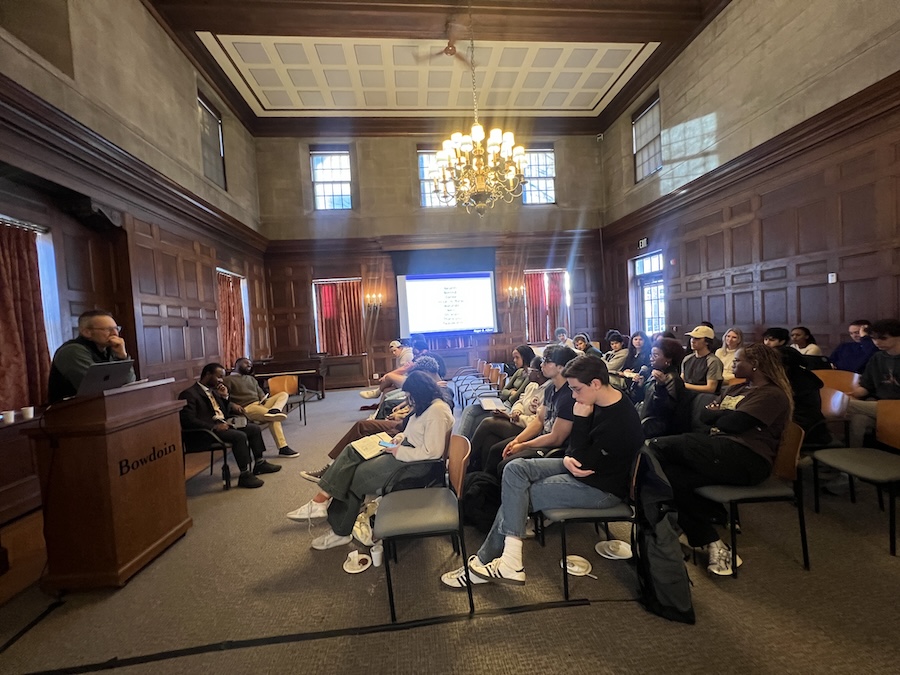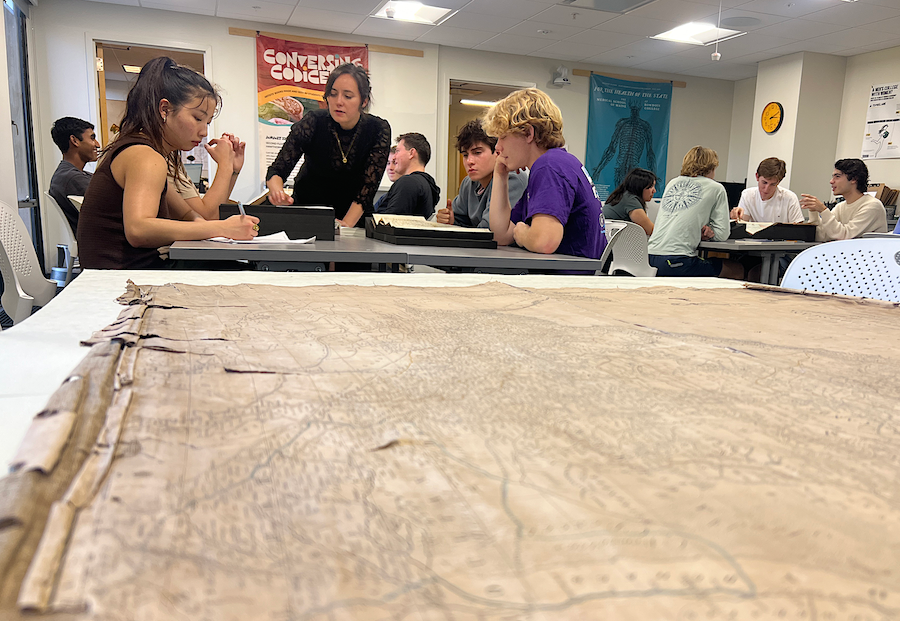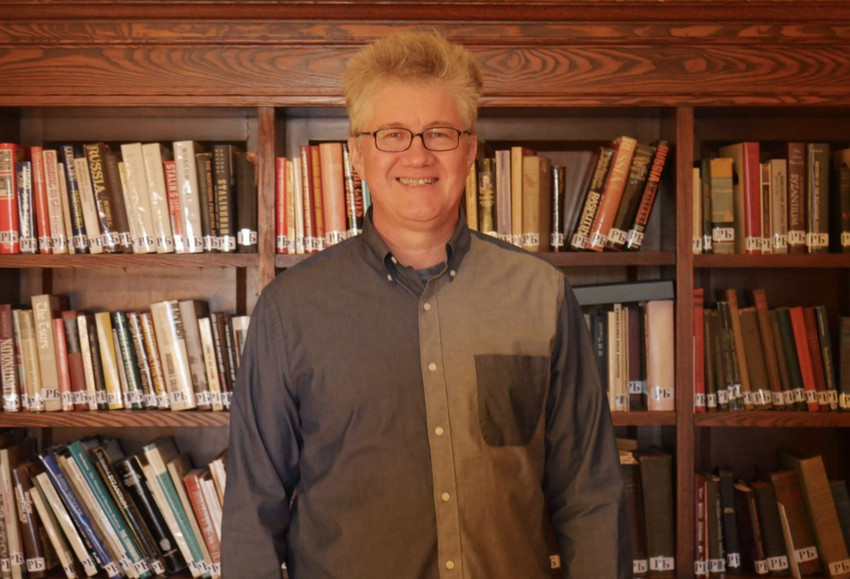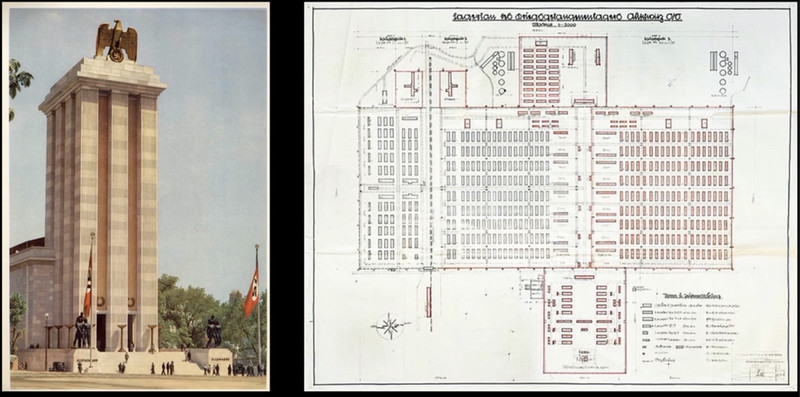Middle East Film Series Examines History’s Upheavals Through Human Stories
By Lucas DeAngelis '20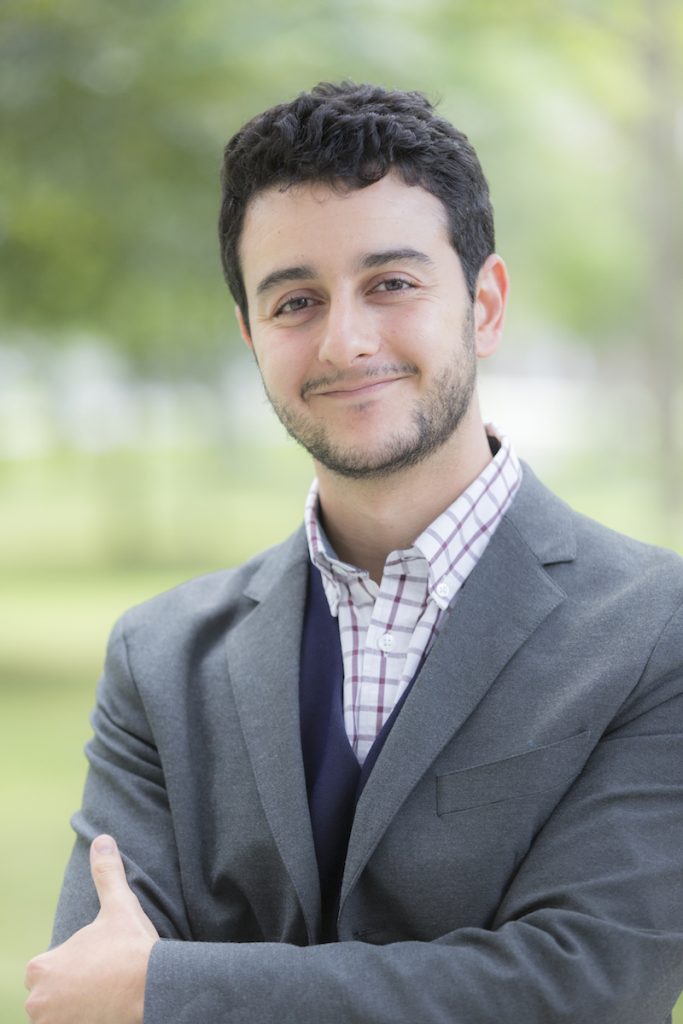
This fall, a 12-part film series on the Middle East is part of Idriss Jebari’s plan to bring thought-provoking discussions about the Middle East and its history to campus. Jebari is two months into his time at Bowdoin as the Andrew W. Mellon Post Doctoral Teaching Fellow in Middle East History. In his two years as part of this fellowship, Jebari will teach classes and continue to work on his research toward the publication of his first book.
The idea for Jebari’s series came from his experience as a PhD student. He recalls watching many films with other students outside of class, which would often lead to lively discussions. He hopes that the films he shows at Bowdoin will stimulate similar conversations.
Jebari said he believes “history is also about social change and the story of people” and that it is important to look at the past through this lens. He added that he hopes that through this films series and his teaching at Bowdoin, he can help students better approach the Middle East and overcome dominant misconceptions.
Arguing that “people evolve based on the constraints and obstacles they face,” he said each film in the series looks at some of these constraints and obstacles in a way that humanizes those who live in a region often subject to hurtful stereotypes. Below are short descriptions of why Jebari selected each movie in the series.
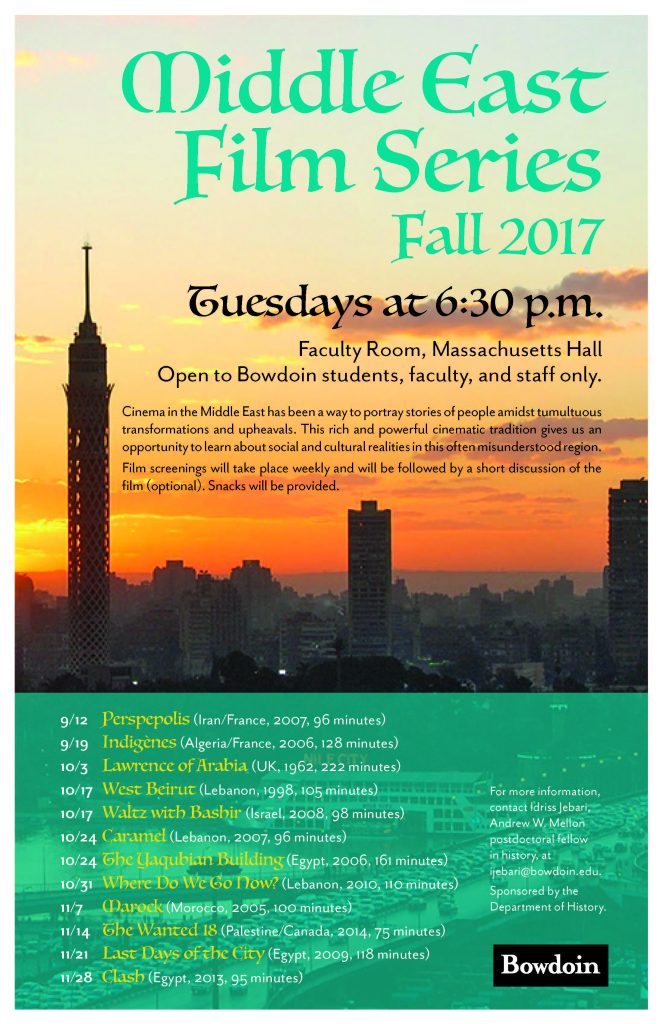
Indigenes
Indigenes
Lawrence of Arabia
A classic movie,
West Beirut
This film tells the story of a group of young innocent friends during the Lebanese Civil War. West Beirut is one of
Waltz with Bashir
This animated movie plays a lot with the questions of what is real
Caramel
With cuts and shortages, a beauty salon in Lebanon is forced to use caramel instead of shaving cream. The essential aspects of this movie
The Yaqubian Building
This movie a story within one contained building in Egypt, shedding insight
Where do we go now?
This movie depicts a rural village that had a long history of cohabitation between Muslims and Christians. Political conflicts and finally some tourists from elsewhere, shaking up the village’s social dynamics in a comedic and genuine way.
Marock
Although this is a simple story about one girl and her family from a privileged environment in Casablanca,
The Wanted 18
A village in occupied Palestine hides 18 cows from the Israeli army.
Last Days of the City
This film captures the closing moments of many important pieces of a young man’s life in Cairo. Through this story, the viewer learns about Cairo while also looking at very real human challenges such as nostalgia and melancholia.
Clash
